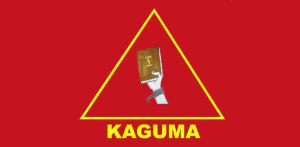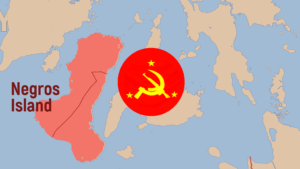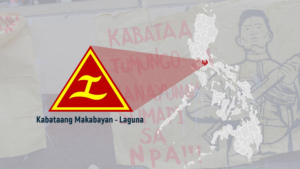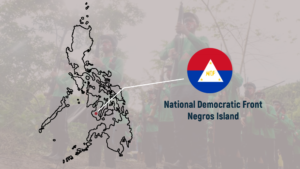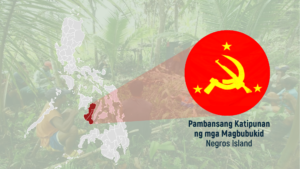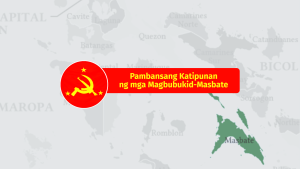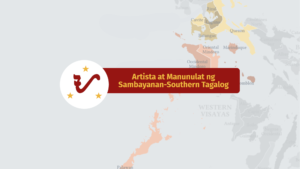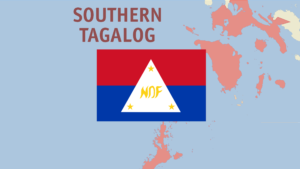Areas eyed for neoliberal sweatshops, aka agro-industrial eco-zones, are better distributed to landless farmers, Lumad
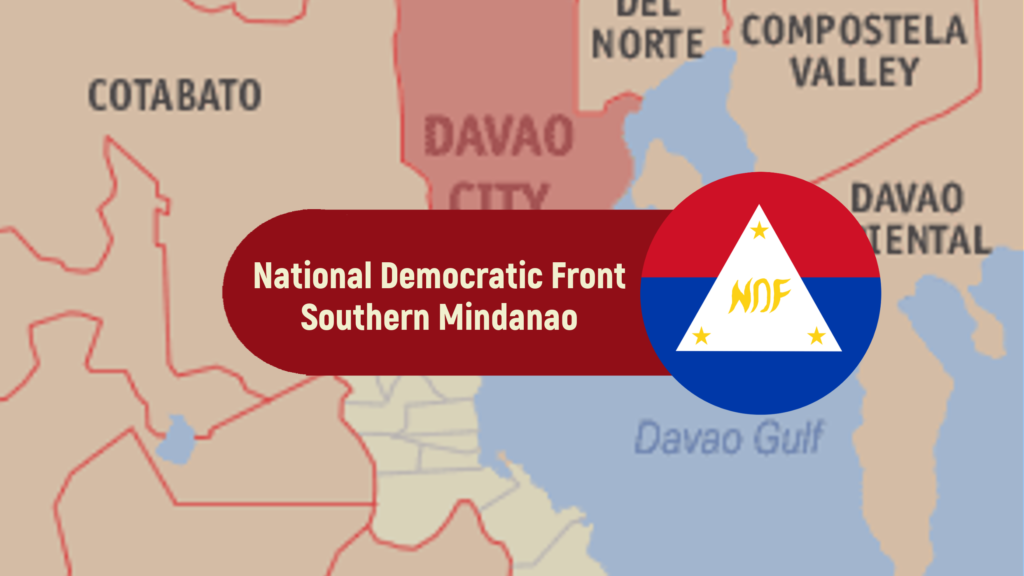
The combined 105-hectare lands that the local government of Davao City is salivating over to develop into economic zones must instead be distributed to landless peasant and Lumad families in Davao City freely and immediately.
The Davao City Investment Promotions Center (DCIPC) has recently announced that the 25-hectare land area in Brgy. Daliao, Toril and the 80-hectare areas in adjacent Brgy. Bunawan and Tibungco were benchmarked to be developed into agro-industrial eco-zones to attract foreign direct investments. These areas are prime agricultural lands located in the outskirts of Davao City, some of which are being presently occupied and cultivated by thousands of landless farmers and Lumad.
The harebrained plan to turn these areas into sweatshops will only exacerbate the perennial problem of landlessness among peasants and Lumad and breed worse forms exploitation against workers. This pronouncement likewise comes on the heels of and in direct contrast to the supposedly avowed plans of neophyte mayor Sebastian Duterte to prioritize food security in Davao City.
Despite their exaggerated claims of generating jobs and helping boost the economy, economic zones across the country are in fact notorious for being havens for exploitative foreign companies that prey on cheap labor and milk our natural and human resources dry. Agro-industrial eco-zones convert agricultural land into monocrop plantations for export, packing and manufacturing plants and tourism spots that displace peasants from their land. In a few decades, these companies either abandon the areas or expand to others, leaving peasants with unproductive lands that are no longer fit for agriculture.
Meanwhile, foreign-owned semi-processing and assembly-line factories and business-process outsourcing firms that sprout like mushrooms in these eco-zones enjoy tax holidays and duty-free importation of capital, technology and equipment. Majority of the workers in the enterprises operating in these eco-zones are neither regularized nor unionized and suffer the worst forms of labor flexibilization and other unfair labor practices. This anti-labor and pro-capital environment is in fact the main selling point that the reactionary government uses to attract foreign direct investments into these eco-zones.
What little they contribute to the local and national economy are eclipsed by the bigger detriment they cause to our productive forces. In December 2017, for instance, thirty-seven (37) employees were trapped and killed when a deadly fire broke out inside a BPO firm in a mall in Davao City. Many such gruesome incidents of deaths and serious injuries have been recorded in eco-zones as a result of inhumane working conditions. These companies literally get away with murder after siphoning off billions in profit.
At the height of the Covid-19 pandemic, firms operating inside eco-zones not only enjoyed the sufferance of the Duterte regime but were one of the first companies to recover amid continued decline in the livelihood of their workers and the rest of the Filipino people.
Not content with the aforementioned land, the Philippine Economic Zone Authority (PEZA) and the National Commission on Indigenous Peoples (NCIP) are also eyeing ancestral lands of indigenous people for eco-zone development. This plan will certainly put the ancestral domain of Lumad in Southern Mindanao at the profiteering whims of foreign capital and the reactionary regime. In Talaingod, Davao del Norte, hectares upon hectares have already been turned into eco-tourism resorts and roads in preparation for further development, displacing hundreds of Ata-Manobo families from their land and livelihood.
These landgrabbing schemes, railroaded during the tyrannical Duterte regime and are being continued by the new and illegitimate Marcos II regime, are the endgame of the fascist counterinsurgency campaign of the Armed Forces of the Philippines in the countryside. The recent declarations of “insurgency-free provinces” in Southern Mindanao serve as confidence-building machinations meant to draw in eco-zone development and other such exploitative capitalist ventures.
If indeed the neophyte mayor Sebastian Duterte is serious in ensuring food sovereignty for the people of Davao City as he invariably claims to be, he must make sure that these lands be distributed to peasants and Lumad, instead of being turned into modern-day sweatshops that will benefit no one but the big landlords, bourgeois compradors and foreign capitalists. Failing to do so, he will most certainly contend with the ire and resistance of the peasant and working class in Davao City and across Southern Mindanao for continuing the oppressive legacy of his tyrannical father and his sister.


